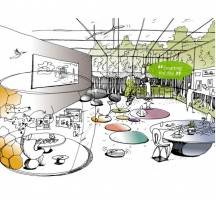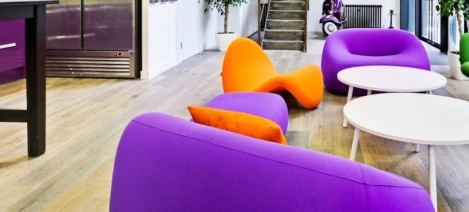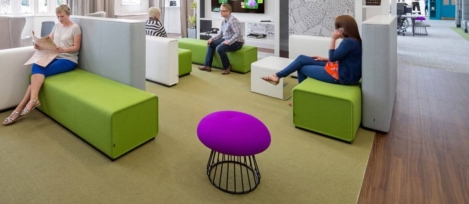June 1, 2015
London’s buoyant startup scene driven by tech sector success
 The UK has seen an all-time high of new startups in 2014, with London contributing the majority of new businesses to the mix. According to a new analysis by Instant Offices, London’s startup scene is set to reach record highs in 2015 as it spearheads the UK’s growing entrepreneurial community. The tech industry in particular has skyrocketed, rising 40 percent year-on-year and resulting in a seven year high. Research from the national enterprise campaign Startup Britain shows 581,173 businesses registered with Companies House last year, beating the previous record of 526,446 businesses recorded in 2013, and 484,224 in 2012, indicating a rapid upward trend of the UK’s startup market. Last year alone, London produced 184,671 startups, centering around finance, media, fashion and technology. Investment into England’s capital has also seen rapid growth, with London now the leading venture capital city in Europe.
The UK has seen an all-time high of new startups in 2014, with London contributing the majority of new businesses to the mix. According to a new analysis by Instant Offices, London’s startup scene is set to reach record highs in 2015 as it spearheads the UK’s growing entrepreneurial community. The tech industry in particular has skyrocketed, rising 40 percent year-on-year and resulting in a seven year high. Research from the national enterprise campaign Startup Britain shows 581,173 businesses registered with Companies House last year, beating the previous record of 526,446 businesses recorded in 2013, and 484,224 in 2012, indicating a rapid upward trend of the UK’s startup market. Last year alone, London produced 184,671 startups, centering around finance, media, fashion and technology. Investment into England’s capital has also seen rapid growth, with London now the leading venture capital city in Europe.


































May 29, 2015
Everything you wanted to know about open plan but were too distracted to ask
by Maciej Markowski • Comment, Facilities management, Work&Place, Workplace design
More →